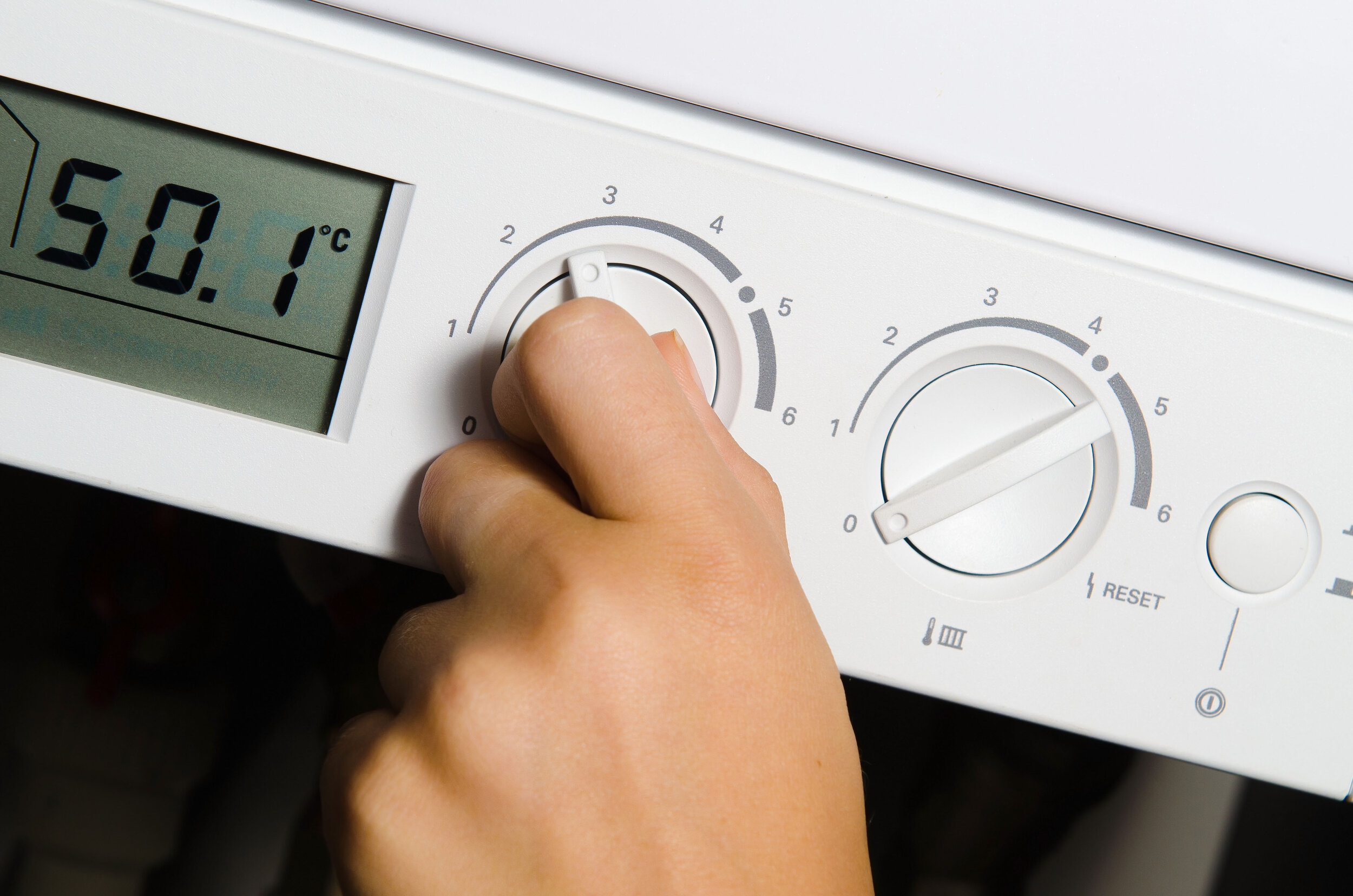
The Ultimate Guide to Choosing the Right Boiler for Your Home
Introduction
Are you considering replacing your old boiler? Or perhaps you're building a new home and need to decide on the best heating system? With so many options available, it can be overwhelming to choose the right boiler for your needs. In this comprehensive guide, we’ll walk you through the different types of boilers and help you make an informed decision. Whether you’re looking for a more energy-efficient solution, a low carbon emission heating system, or simply want to upgrade your current boiler, we’ve got you covered.
Understanding Boiler Types
Combi Boilers
Combi boilers, short for combination boilers, are the most common type of boiler in the UK. These boilers connect directly to the mains cold water supply, providing hot water on demand. They are particularly suitable for smaller homes with lower hot water and heating demands. Here are the pros and cons of combi boilers:
Pros of Combi Boilers:
Space-saving design: Combi boilers do not require a water tank, freeing up valuable space in your home.
Aesthetically pleasing: With all components housed within the boiler casing, combi boilers have a compact and neat appearance.
Easier to service: Due to their popularity, finding a qualified engineer to service a combi boiler is relatively easy.
Instant hot water: Combi boilers eliminate the need to wait for a water tank to heat up, providing immediate hot water.
Cons of Combi Boilers:
Limited hot water supply: Combi boilers may struggle to provide hot water to multiple outlets simultaneously, making it difficult to run more than one bath or shower at a time.
Dependent on mains pressure: Combi boilers are less effective in homes with poor water pressure.
Potential for more frequent breakdowns: The moving parts in a combi boiler increase the likelihood of mechanical issues.
Heat-Only Boilers
Also known as regular or conventional boilers, heat-only boilers provide heat directly to our radiators and require a separate water tank to supply hot water. These boilers are suitable for larger households with higher hot water demands. Consider the following pros and cons of heat-only boilers:
Pros of Heat-Only Boilers:
Suitable for larger households: Heat-only boilers are capable of meeting the hot water demands of multiple bathrooms used simultaneously.
Better hot water supply: Heat-only boilers store hot water in a separate cylinder, ensuring a readily available supply.
Cons of Heat-Only Boilers:
Delayed hot water: Unlike combi boilers, heat-only boilers require time to heat the water in the cylinder, resulting in a delay.
Risk of running out of hot water: In high-demand situations, such as when multiple people are using hot water simultaneously, it's possible to run out of hot water and wait for the cylinder to refill.
Space requirements: Heat-only boilers need additional space for the water tank and expansion tanks.
Lower efficiency: Heat-only boilers lose heat from the stored hot water, reducing their overall efficiency.
Higher installation costs: If you don't already have the necessary tanks in place, installing a heat-only boiler can be more expensive than a combi boiler.
System Boilers
System boilers, also known as closed vent or sealed system boilers, require a hot water cylinder but do not need a cold water tank. These boilers have built-in components, such as pumps and valves, making them a convenient option. Consider the advantages and disadvantages of system boilers:
Pros of System Boilers:
Suitable for larger homes: System boilers can meet the hot water demands of multiple bathrooms used simultaneously.
Space-saving design: Unlike regular boilers, system boilers don't require a large cold water tank in the loft.
Cons of System Boilers:
Space requirements: System boilers still need space for a hot water cylinder.
Delayed hot water: Similar to heat-only boilers, system boilers require time to heat the water in the cylinder.
Risk of running out of hot water: In high-demand situations, it's possible to run out of hot water and wait for the cylinder to refill.
Lower efficiency: System boilers lose heat from the stored hot water, reducing their overall efficiency.
Storage Combi Boilers
A less common option, storage combi boilers combine the benefits of both combi and system boilers. These boilers have an internal hot water cylinder built into the boiler, providing hot water on demand while allowing multiple outlets to be used simultaneously. Consider the pros and cons of storage combi boilers:
Pros of Storage Combi Boilers:
Combined benefits: Storage combi boilers offer the advantages of both combi and system boilers, providing hot water on demand while maintaining water pressure.
Space-saving design: The integrated hot water cylinder in storage combi boilers eliminates the need for a separate cylinder, saving space.
Cons of Storage Combi Boilers:
Space requirements: Storage combi boilers occupy more space than traditional combi boilers due to the built-in cylinder.
Limited hot water capacity: While storage combi boilers offer hot water on demand, their hot water tanks are typically smaller than those of system boilers.
Limited availability: Storage combi boilers are less common than other types, reducing the range of options available.
Potential for limited engineer expertise: As a less common type of boiler, finding qualified engineers for repairs and servicing may be more challenging.
The Benefits of Condensing Boilers
Condensing boilers are more efficient and environmentally friendly than older non- condensing models. These boilers recover heat from the exhaust gases and use it to heat the central heating water, reducing energy waste. Here are the advantages of condensing boilers:
Pros of Condensing Boilers:
Higher efficiency: Condensing boilers can be up to 25% more efficient than non-condensing models, resulting in lower heating bills and reduced carbon emissions.
Improved safety: Condensing boilers have a lower risk of foreign objects being drawn into the system, as they draw air from outside instead of the room.
Cons of Condensing Boilers:
Efficiency limitations: Poor installation or improper usage can limit the efficiency of condensing boilers. It’s essential to ensure proper installation and use to maximize efficiency.
Find a qualified installer: To ensure efficient operation, it’s crucial to hire a Gas Safe or OFTEC registered installer for gas/LPG or oil boilers, respectively.
Choosing the Right Fuel Type
When selecting a boiler, the fuel type plays a significant role in efficiency and cost.
Consider the following options:
Gas Boilers
Gas boilers are the most common and cost-effective option for homes connected to the gas mains. They offer efficient heating and hot water solutions. Gas prices are generally lower than other fuel types, making gas boilers an affordable choice.
Oil Boilers
For homes without access to gas, oil boilers are an alternative heating solution. While oil prices can fluctuate, modern oil boilers are highly efficient and provide reliable heating and hot water.
Low Carbon Heating Solutions
In line with the UK Government’s commitment to reducing carbon emissions, low carbon heating solutions are gaining popularity. These options include heat pumps and solar water heating systems. Heat pumps extract heat from the air or ground, while solar water heating systems utilize the sun’s energy to heat water. These technologies offer energy-efficient and environmentally friendly alternatives.
Improving Your Heating System
Before replacing your boiler, consider making improvements to your heating system to enhance efficiency and reduce energy consumption.
Here are some tips:
Install heating controls: Upgrading your heating controls can help optimize your heating systems efficiency and reduce energy waste. Thermostats and heating timers allow you to schedule heating according to your needs, minimizing energy consumption.
Insulate your hot water cylinder: Adding insulation to your hot water cylinder can prevent heat loss, reducing energy waste and saving you money on your energy bills.
Consider chemical inhibitors: Chemical inhibitors can prevent the build-up of corrosion and sludge in your heating system, ensuring optimal performance and efficiency.
Finding an Installer
When replacing your boiler, it's essential to find a qualified and reputable installer. Request quotes from multiple installers to compare prices and services. Ensure that the Installer is registered with Gas Safe or OFTEC, depending on your fuel type. A registered installer will ensure compliance with building regulations and provide necessary documentation.
Conclusion
Choosing the right boiler for your home is a crucial decision that can significantly impact your energy bills and carbon footprint. Consider the different types of boilers, weigh the pros and cons, and evaluate your fuel options. If you’re considering a low carbon heating solution, explore heat pumps and solar water heating systems. Improve your heating systems efficiency through heating controls, insulation, and chemical inhibitors. Finally, find a qualified installer to ensure proper installation and compliance with regulations. By making an informed choice, you can enjoy a comfortable and energy-efficient home while contributing to a sustainable future.
